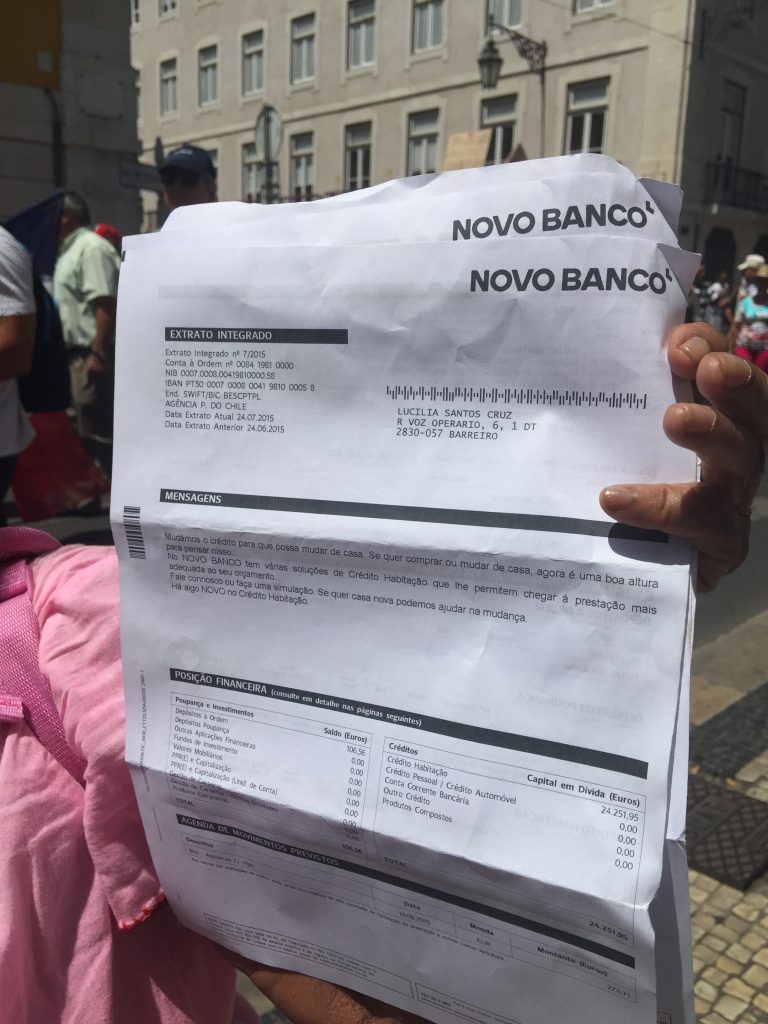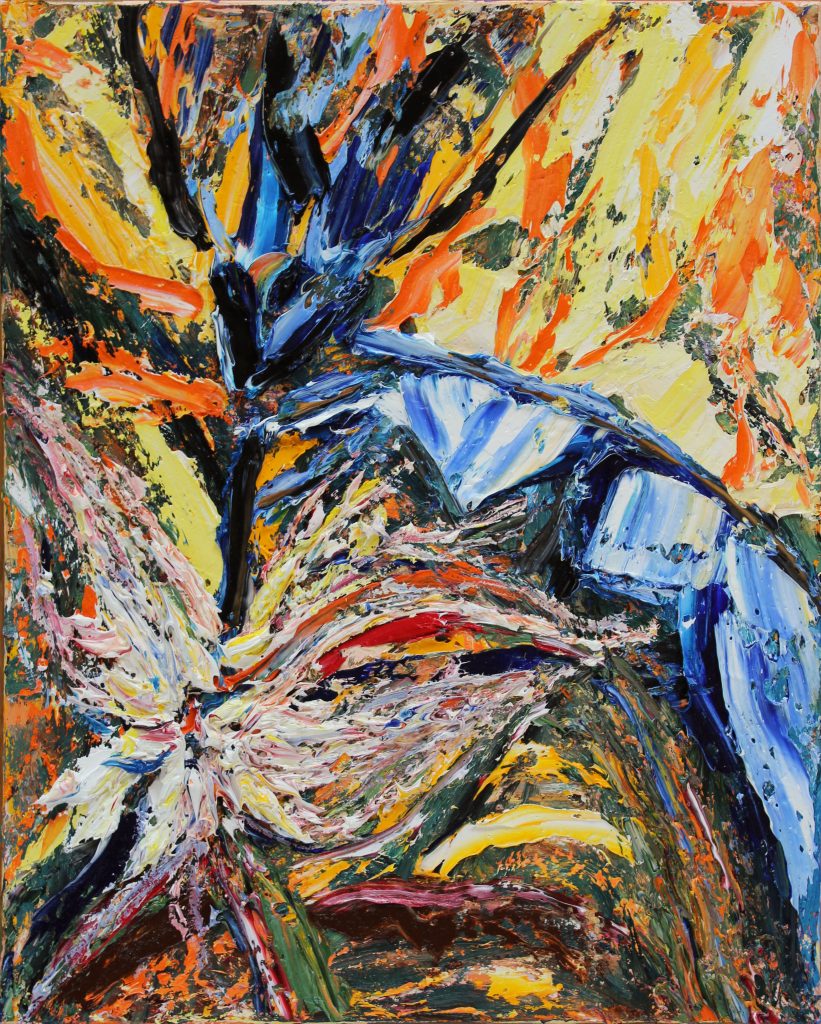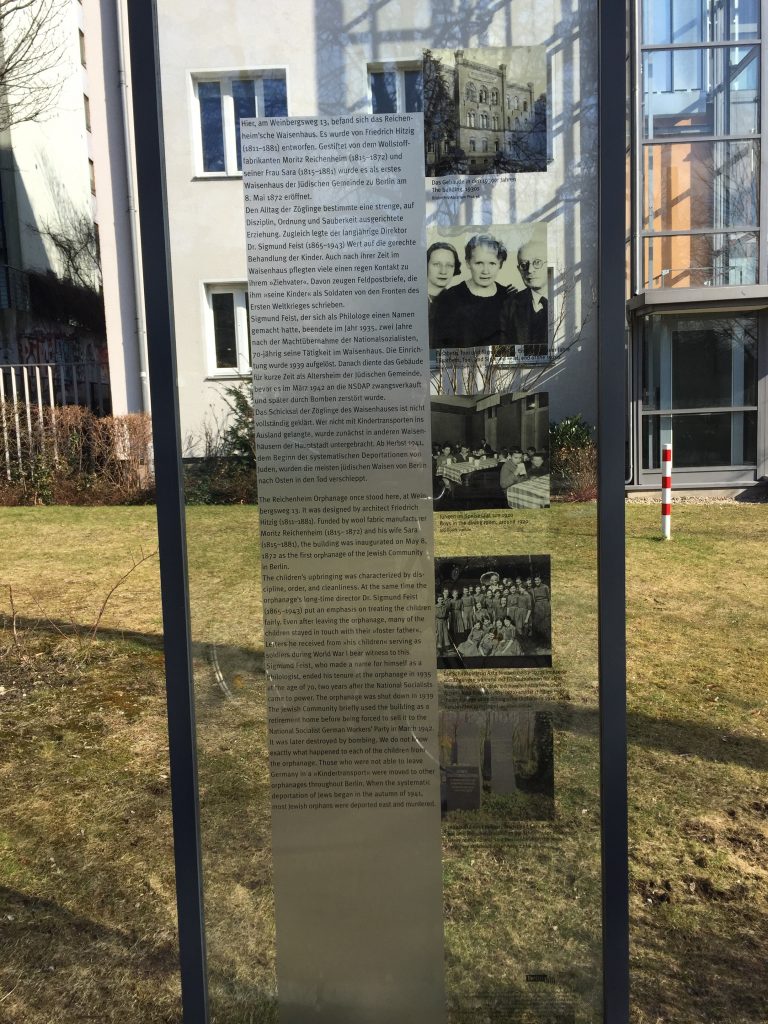“Make Tea Not Lists”
This appears to be a poem whose protagonist has suffered attentional problems, and that will (appropriately) not cooperate in becoming more dense and poem-like. I’m laughing at myself trying to edit it yet again while this week re-trying all sorts of list-making, mindful meditating, journaling, task-reorienting, yoga-procrastinating, mantra refraining-from-mocking, autogenic something things, and enjoying a really good book on organization called The Organized Mind by Daniel Levitin. And a really good Guardian interview with physicist Carlo Rovelli on the nature of time. While currently on a poetry book manuscript editing timer. God help me. Is this a poem or not? If I don’t know, then I guess it’s got to go… But I like it enough to blog it before taking it out of the book.
When I went in for shot attention to Mrs. Which and Whose, and Not-It, Frau Doktor asked why I couldn’t Just Do It—whether I kept stopping to have cups of tea. Now when I read Eliot, the tea is all I see.
When I told my office about the very important man’s very important hands and how I couldn’t sit still—they said to do nothing, if you will. Then my files were trashed, and it saved my ass—that needing to move, run, dance. That dashing far enough away at last.
And when I slept in our big red bed under the big blue sky in France, sleeping as much as I needed, eating and loving the same—I knew I needed this animal luxury, being my scatter-brained poet self, living in the wild in my rhythms, listening without acting through effect-minded prisms.
Then I don’t need to be invisible. Breathing is allowed, unmeasured—and dreaming.
Usually I don’t remember my dreams, and wonder whether they are civilized. Not in the sense of denying my most basic needs, for sleep and love more than money or a good life above. But in the sense of making more of my animal—cuisine of her hunger, love and sex from sex and love, delicious rest into some art, or the search for it. This feeds me. Feeding others sets me free.
***
If you could replace your unremembered dreams with prayers, in the Middle Ages, you probably would. If you could replace them with podcasts or books on tape today, you probably would. We always forget Luther, and intend to save ourselves—mostly with other people’s good works and none of our own faith. Faith in the brain, in the self, in the unseen rhythms poets and physicists point to quietly all our lives. Quietly because we are soft animals. We are not priests and presenters, though we may try on the robes and seem sometimes to sing out. Feels better to do without. Remember what happened to Galileo, and who knows why not to Copernicus. They don’t like us.
We know something now about how drinking three cups of tea a day cuts your depression risk. And coffee—diabetes. Miso—breast cancer. Or so we think. We see the substance and not the sigh, sit, drink.
What do we know about listening to birds and looking without seeing out the window? What do we know still about sleep, about our own lives when we let go? About the brain washing itself at night delicately, like a kitten, going over and over what has and has not been done, and what cannot be said or done, but must be imagined in secret and in silence? About the half-gone washings in-between, when we are doing nothing—and everything?
We know without it, our hands are drunken, our minds are dull, we start to hear things in the lull. What we call nothing and waste is sanity. And like sanity, sleep is not what we used to think—is not either-or. You can be part awake, and part on a different shore. Memory systems out. Attention and doubt in a drought. Sleep is a thief that takes what it can get. You don’t know it, because you forget.
***
Last spring, when my love bought me a full-sized electric piano, that feels and sounds like the real thing with its great wooden soul—I asked my first teacher for a few pieces, and learned new Bach and Chopin after twenty years. The headphones helped assuage my fears—that I would suck, or bother people. And my own brain and fingers clicked in ways I had forgotten, but they had not. I could do this, full stop. Then, when I napped, they kept playing Bach.
How lovely, dark, and deep the woods of our minds that when we play again, we play also in our sleep. I’ve never had such delicious rest.
I used to beat the others out for money as a kid. But then I quit and now I’m not on par with all the rest. Would it be better than my play and replay to be like Mozart, dreaming his own symphonies instead? Or Harry Potter waltzing into J.K. Rowling’s empty head? I never feel that I receive my own ideas, but something or someone else’s— the great creative self-deprecating moue. But when you’re in the flow, it’s true. Often I am not. I am in the way. It’s just what I’ve got.
Listen, I don’t know if there’s a force like God or the collective unconscious. I don’t like religion, homeopathy, or other frauds, though they have their uses—and yes, sure, abuses I have seen and known. I have a trippy artist brain wired for ecstasy, and it’s often lead, misled, deuced, and helped me. I just know Bach, being left alone by big fat chiefs, and drinking tea will do for me—and when I interfere, to enforce discipline and plans, it doesn’t work as well. I am not Mozart, and will never be a Potter. I come here into the blank space to see what happens. It is not impressive as a life. It is just what I need. I hope that in time, more work of worth will bleed from the leaves; but I need steeping still. When I can let myself make tea not lists. When I can rub the beads of a meaning that matters like this. Sometimes it boils down on its own. Maybe this one is not full-grown.
And if you let yourself do the same, we might meet here. Or nay. Neither invisible nor strident, unnecessary by necessity. That’s civilization. Playing the same old tune with new feeling. Sipping like old friends, knowing the time and not the leaves are revealing. This is where ideas pour into and not from you, without searching, out of the blue. This is where you are welcome, my dear, to find me. Although I am most me when I am here, which is to say, when I am not here. It’s on the tip of my tongue, so near. Yet entirely unclear.



